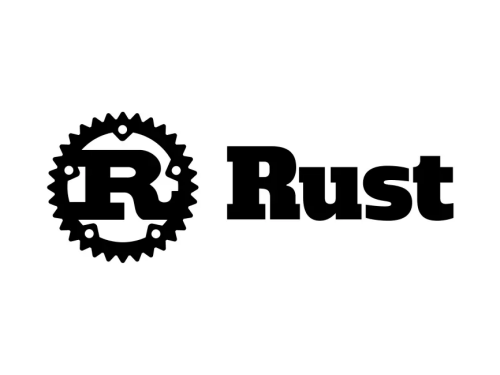Rust Modules

Basic Components
- Packages: contain one or more crates that provide a set of functionality.
Packages allow you to build, test and share crates.
- cargo.toml: describes the package and define how to build crates
- rules:
- must have at least 1 crate
- at most 1 library crate
- any number of binary crates
- Crates: A tree of modules that produces executable or library.
- Modules: let you control the organization, scope and privacy.
Modules
- organize code for readability and reuse
- control scope and privacy
- contain items (function, structs, enums, traits, etc)
- explicitly defined (using mod keyword)
- not mapped to the filesystem
- flexibility and straight forward conditional compilation
Example Module Usage
lets create a library called auth_service
cargo new auth_service --lib
install cargo modules
cargo install cargo-modules
#![allow(dead_code, unused_variables)]
mod database {
pub enum Status {
Success,
Failure,
}
pub fn connect_to_database() -> Status {
Status::Success
}
pub fn get_user() {
//
}
}
mod auth_utils {
fn logout() {
//
}
pub fn login() {
crate::database::get_user();
}
pub mod models {
pub struct Credentials {
username: String,
password: String,
}
}
}
use auth_utils::login;
use database::connect_to_database;
use auth_utils::models::Credentials;
use database::Status;
pub fn authenticate(creds: Credentials) {
if let Status::Success = connect_to_database() {
login();
}
}
check structure
cargo modules structure
Split to multiple files
create lib.rs file
#![allow(dead_code, unused_variables)]
mod auth_utils;
mod database;
use auth_utils::login;
pub use auth_utils::models::Credentials;
use database::connect_to_database;
use database::Status;
pub fn authenticate(creds: Credentials) {
if let Status::Success = connect_to_database() {
login();
}
}
create auth_utils.rs file
fn logout() {
//
}
pub fn login() {
crate::database::get_user();
}
pub mod models;
create auth_utils/models.rs file
pub struct Credentials {
pub username: String,
pub password: String,
}
create database.rs file
pub enum Status {
Success,
Failure,
}
pub fn connect_to_database() -> Status {
Status::Success
}
pub fn get_user() {
//
}
now run
cargo modules structure --lib
to check crate tree
example usage auth_service library, create main.rs file
use auth_service::Credentials;
fn main() {
let creds: Credentials = Credentials {
username: "admin".to_string(),
password: "password".to_string(),
};
auth_service::authenticate(creds);
}
run cargo run
Publishing Package
- create a new account in
https://crates.io - generate api token in account settings
- open terminal run this command
cargo login your_api_token
- go to your package directory, example our
auth_service - commit your changes with git
- run this command to publish
cargo publish
Notes
check inside cargo.toml
make sure
- name is unique
- description is filled
- license is filled
[package] name = "auth_service" description = "my package description" license = "MIT"
once published it is permanent, the version cannot be overridden and the code cannot be deleted. this because crates.io is a permanent archieve.
Workspace
lets create a directory called blog, create a Cargo.toml file
[workspace]
members = [
"blog_api",
"blog_web",
"blog_shared",
]
create 3 directory with these command
cargo new --vcs none blog_api
cargo new --vcs none blog_web
cargo new --vcs none blog_shared
edit Cargo.toml file in blog_shared folder and add serde package.
[dependencies]
serde = { version = "1.0", features = ["derive"] }
edit lib.rs file in blog_shared folder
use serde::{Deserialize, Serialize};
#[derive(Serialize, Deserialize, Debug)]
pub struct Post {
title: String,
body: String,
}
impl Post {
pub fn new(title: String, body: String) -> Post {
Post { title, body }
}
}
now lets edit Cargo.toml file in blog_api and blog_web folder to add
blog_shared package
[dependencies]
blog_shared = { path = "../blog_shared" }
now lest edit main.rs file in blog_api and blog_web folder
fn main() {
let post = blog_shared::Post::new(
"Hello, world!".to_string(),
"This is my first post.".to_string(),
);
println!("{:?}", post);
}
last lets build our apps, from root directory
cargo build
check target folder, there will be 2 binary files blog_api and blog_web binary and 1 shared library blog_shared